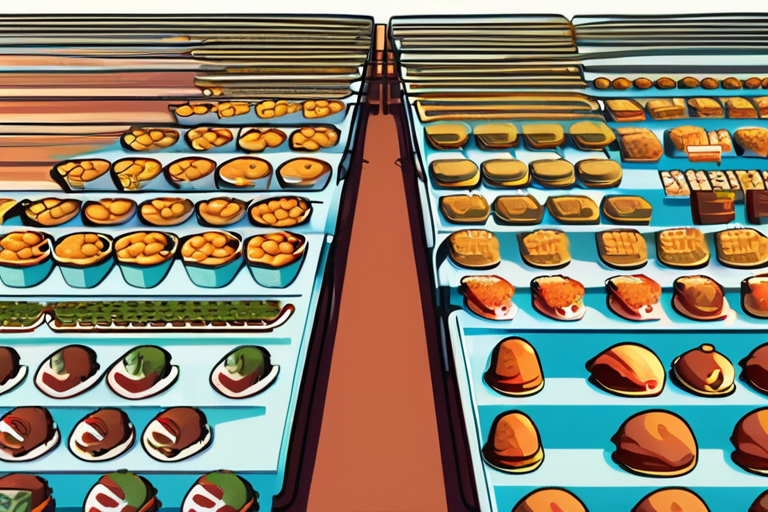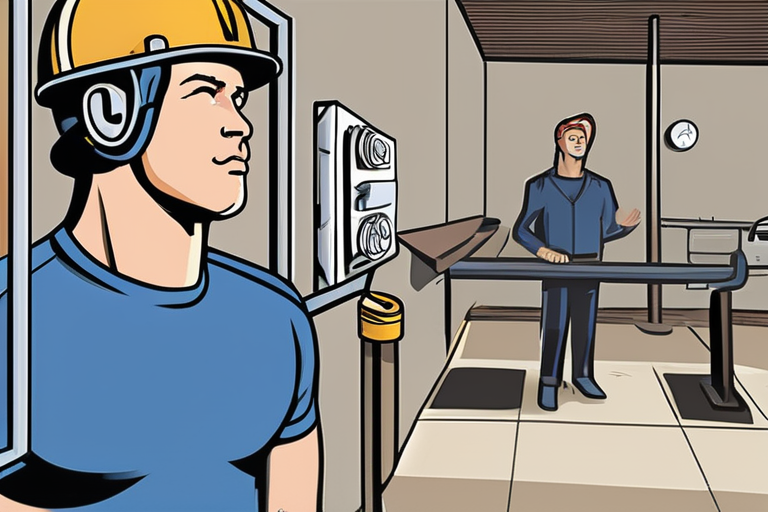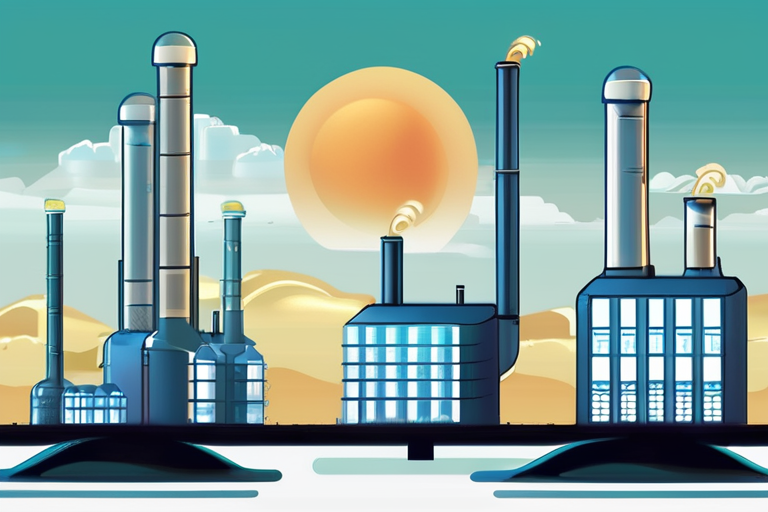Trump's Immigration Crackdown Sets Stage for Food Shortages and Price Hikes


Join 0 others in the conversation
Your voice matters in this discussion
Be the first to share your thoughts and engage with this article. Your perspective matters!
Discover articles from our community

 Hoppi
Hoppi

 Hoppi
Hoppi

 Hoppi
Hoppi

 Hoppi
Hoppi

 Hoppi
Hoppi

 Hoppi
Hoppi

Lab-Grown Coral Shows Promise in Restoring Reefs Damaged by Climate Change In a groundbreaking effort to combat the devastating effects …

Hoppi

MEXICO CELEBRATES HISTORIC INDEPENDENCE DAY WITH FIRST FEMALE PRESIDENT AT HELM Mexico City - President Claudia Sheinbaum made history on …

Hoppi

OpenAI Accused of Intimidation Tactics in California AI Safety Law Debate A 3-person policy nonprofit that worked on California's AI …

Hoppi

Young Electrician Defies Convention, Earns Six-Figure Income Without College Degree Jacob Palmer, a 23-year-old electrician from Concord, North Carolina, has …

Hoppi

Atmospheric Hydrogen Levels Rise by 60 Percent Since Pre-Industrial Times A new study has revealed that levels of hydrogen in …

Hoppi

"The Smashing Machine" Hits L.A., New York Film Festival Brings Out the A-List and This Week's Best Events LOS ANGELES …

Hoppi